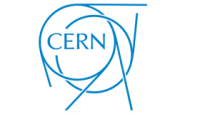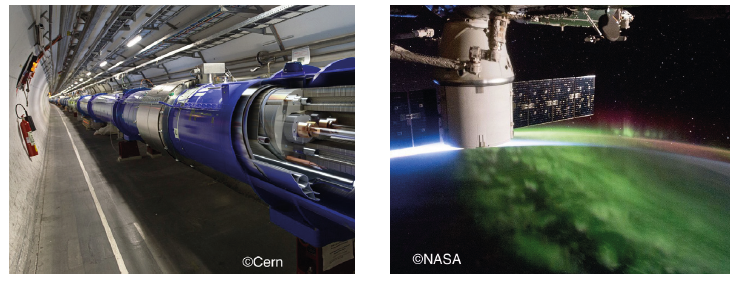| Segment | Research | Development | Production |
|---|---|---|---|
| Earth Observation | |||
| Life and Physical Sciences | ✔ | ✔ | ✔ |
| Satellite-based Applications | |||
| Instruments and Payloads | ✔ | ✔ | ✔ |
| Spacecraft and on-board Equipment | ✔ | ||
| Ground Segment | ✔ | ||
| Materials and Processes | ✔ | ✔ | |
| Structures | ✔ | ||
| Electronic Components | ✔ | ✔ | ✔ |
| Software | ✔ | ✔ | ✔ |
| Basic Research for Space Technology | ✔ | ||
| Small Satellite Activities | ✔ | ✔ |
Profile
Physicists and engineers at the European Organization for Nuclear Research use the world's largest and most complex scientific instruments to study the basic constituents of matter - fundamental particles. The particles are made to collide at close to the speed of light. The process gives physicists clues about how the particles interact, and provides insights into the fundamental laws of nature.
CERN's mission is: to provide a unique range of particle accelerators that enable research at the forefront of human knowledge, to perform world-class research in fundamental physics, to unite people from all over the world, and to push the frontiers of science and technology, for the benefit of all.
CERN at a glance
- World-class research in particle physics
- Expertise in the fields of accelerators, detectors, and computing
- 2560 members employed by CERN, but up to 13 000 people on site at any one time
- 22 Member States
- 2016 Budget: 1153.2 MCHF
- Currently 18 start-ups using CERN technology
- Main application fields beyond particle physics: medical technologies and aerospace applications
- CERN's dedicated Knowledge Transfer group engages with experts in science, technology and industry to create opportunities for the transfer of CERN's technology and know-how.
Space Activities
- Support of scientific space missions, including on ISS, mainly in astroparticle physics, and in astronomy, and cosmology (e.g., Euclid, AMS). Instrument performance characterisation and calibration.
- Testing facilities: ground testing and qualification of flight equipment, mainly for irradiation (e.g., CHARM, VESPER, IRRAD), and for materials characterisation, cryogenics and magnetic testing.
- Technologies: from microelectronics to data handling, from radiation monitoring to cryogenics and from thermal management to superconducting magnets.

